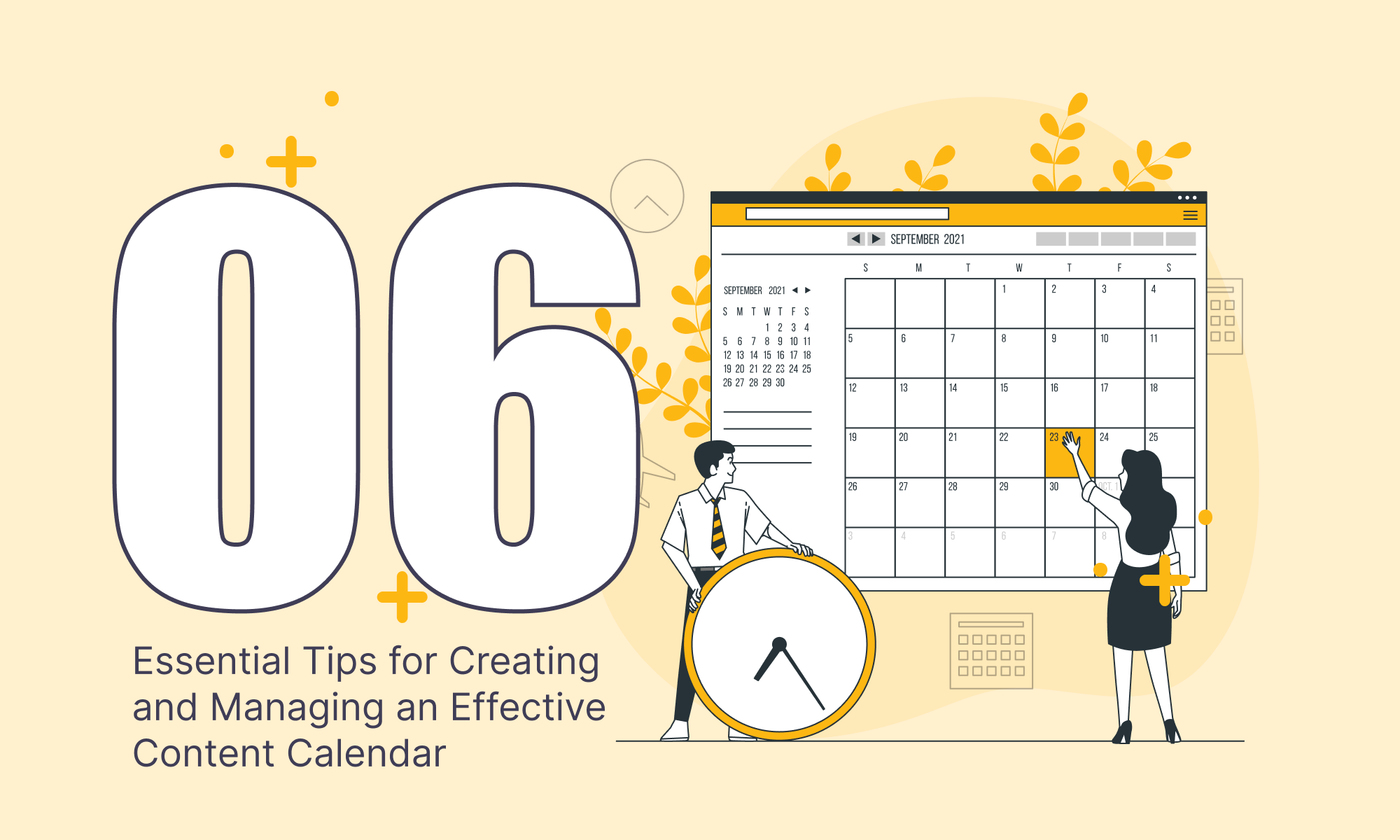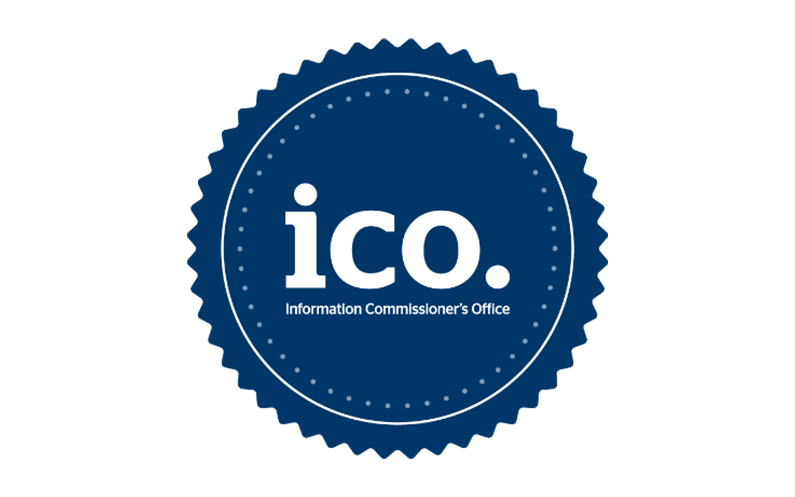In the realm of blogging, content calendars are indispensable for ensuring steady output and strategic planning. We’ve gathered six invaluable tips from bloggers and marketing executives, focusing on tactics from planning around realistic schedules to focusing on monthly themes. Discover how these professionals leverage their expertise to maintain an effective content calendar that aligns with both immediate and future objectives.
In this post you will see that how to create a content calendar by these insights from experts
- Plan Around Realistic Schedules
- Set Clear, Specific Goals
- Schedule Content in Advance
- Stay Responsive to Market Changes
- Utilize Notion for Organizational Efficiency
- Focus on Monthly Themes
Table of Contents
TogglePlan Around Realistic Schedules
I must have a plan in order to be efficient and effective. When I sit down to create my plan, I consider: What are my goals for the year? What are my long-term goals for my blog? Then I sit down and create my plan.

Before settling on the final version of my plan, I look closely at my calendar and make sure it is realistic. I am a teacher, and I know there are times of the year when I cannot work on my blog. That’s when I take a close look at the details to make sure I have planned around big events and hectic times. Creating a plan isn’t just about writing up a calendar but ensuring the schedule is sustainable over a long duration of time.
Valerie de la Rosa, Teacher, Educational Consultant, Blogger, The Weary Educator
Set Clear, Specific Goals
My biggest tip for creating and managing an effective content calendar is to be specific about what your goals are. What exactly do you want to achieve in six months to a year?
Once you’ve clearly identified those goals, you’ll be able to write down the steps you need to take to achieve them. Those steps will then become part of the things you place in your content calendar.
For example, you will have “schedule X amount of social media posts,” “write such-and-such article,” etc., as part of your calendar.
Good research needs to be done first to determine what articles you need to write, what products need to be created to sell, and what types of emails to write for the month.
All these require you to be clear on your goals.
Aghogho Boccardi, Blogger and Content creator, BLW For Busy Moms
Schedule Content in Advance
As an agency, we produce a high volume of content for a number of varying clients.
We typically outline the amount of content per month with a client—say, two or three blogs—and then ask if they have any specific developments/recent changes that they would like us to promote within them. Usually, we devote an entire blog to a focused topic, and then provide “overviews” on sectors/services relevant to the business from there.
Our most valuable insight—for both short- and long-term goals—is to schedule your content comfortably in advance, and if relevant, be completely transparent with your client. Writing a draft blog that can be amended weeks before the due publication date is infinitely more comfortable to produce than a last-minute, rushed piece of work that has been changed drastically in the hours before it’s published! Additionally, it allows the opportunity to add new content relevant to recent developments within the article’s subject.
If you’re producing work for an outside party (agency work, for example), remaining communicative and clear with the relevant individual is ideal for making efficient, accurate changes to the content—plus, it helps you to channel their mindset when producing future work!
Jordan Dennison, Marketing Executive, Growth Labs
Stay Responsive to Market Changes
Content calendars are essential to both long- and short-term blogging goals. They set the agenda for your blogging and provide a framework for your work. However, it’s essential to be responsive and willing to make changes to that plan. This will help you stay relevant.

For instance, market changes can and should influence your publishing. So, if you are a food blogger who has planned a series of recipes with a type of produce that you can’t locate or that is the subject of a recall, you would want to shift your plans, perhaps even moving other content up until the ingredient is readily available again and seen positively by the public.
Sarah Walker Caron, Food Blogger, Sarah’s Cucina Bella
Utilize Notion for Organizational Efficiency
My most valuable tip for crafting and managing an effective content calendar that aligns with both immediate and long-range blogging objectives is to leverage the organizational power of Notion.
By utilizing Notion’s versatile templates, I’m able to streamline my editorial workflow with exceptional efficiency. This system allows me to assign topics directly to my writers and track the progression of each piece with ease through a dynamic card-based system.
The visual layout of moving cards through different stages of completion not only ensures that nothing falls through the cracks but also keeps the entire team aligned on our content strategy, fostering a strong sense of consistency and organization.
Kripesh Adwani, Founder, Kripesh Adwani
Focus on Monthly Themes
I divide my content calendar into monthly themes. In a field like digital marketing, there’s a lot to talk about, so using themes helps me focus my content creation efforts. It also gives me a bird’s-eye view of what I’m creating, what I’ve done in the past, and what I’ve planned to do in the coming weeks and months. This high-level view helps me see how much of a topic I’m covering and how these topics tie into my goals.
Alli Hill, Founder and Director, Fleurish Freelance

